Ketamine Addiction: Detox, Withdrawal, and Treatment
GET HELP TODAY!
100% Confidentiality Guaranteed


What Is Ketamine?
Ketamine is a powerful dissociative anesthetic, classified as a Schedule III drug in the United States. Originally developed for surgery, ketamine is also used for pain relief and depression in controlled medical settings. It is now available in a ketamine nasal spray, FDA approved to treat people with treatment-resistant depression.
Though helpful when medically supervised, ketamine is also a recreational drug. Its misuse leads to out-of-body experiences, hallucinations, and euphoria. These effects make it highly appealing, especially in club or party settings. Pressed tablets marketed as party pills are common in these scenes—learn what they are and the dangers. However, these same effects are also signs of a growing problem: ketamine addiction.
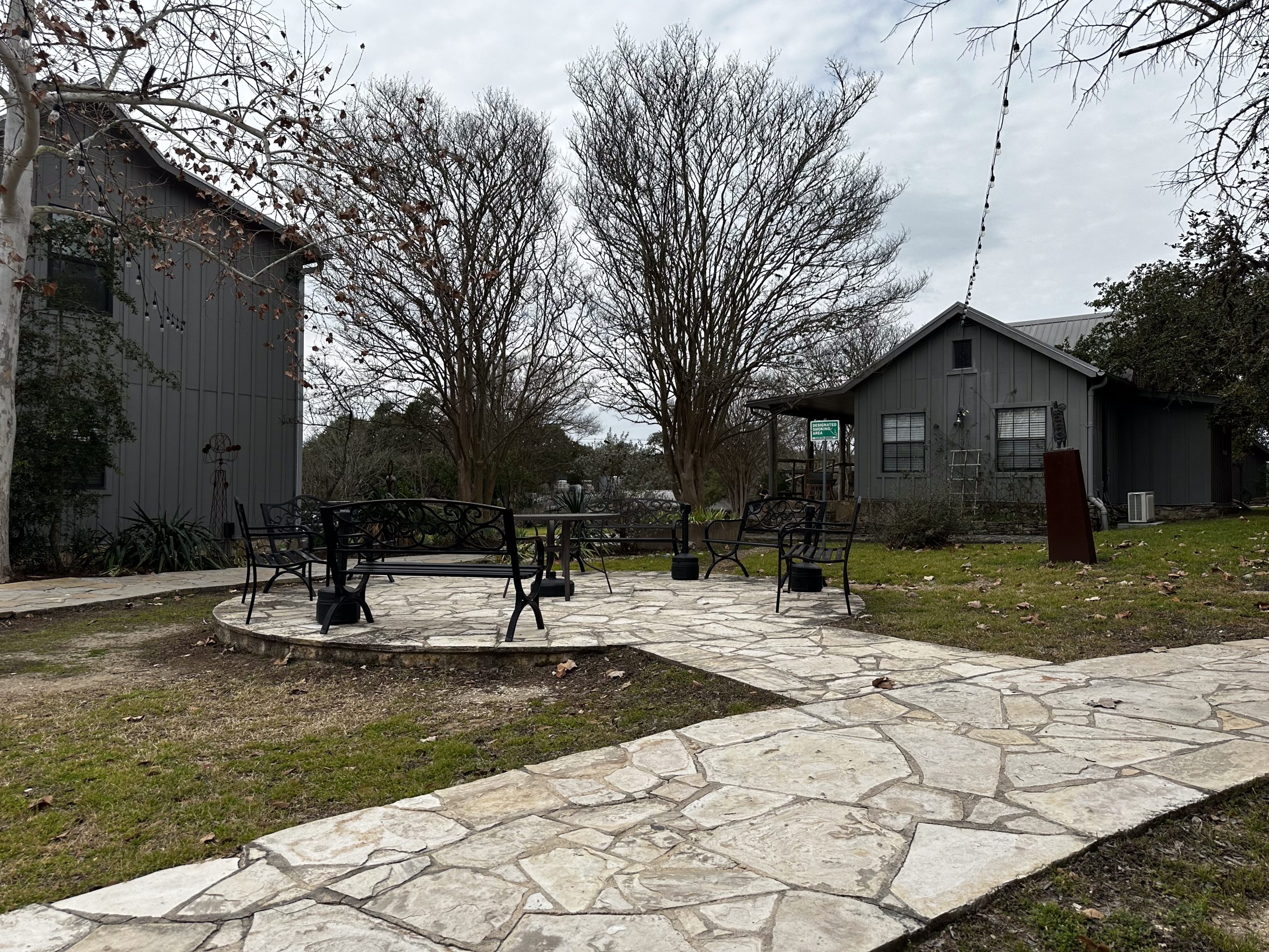

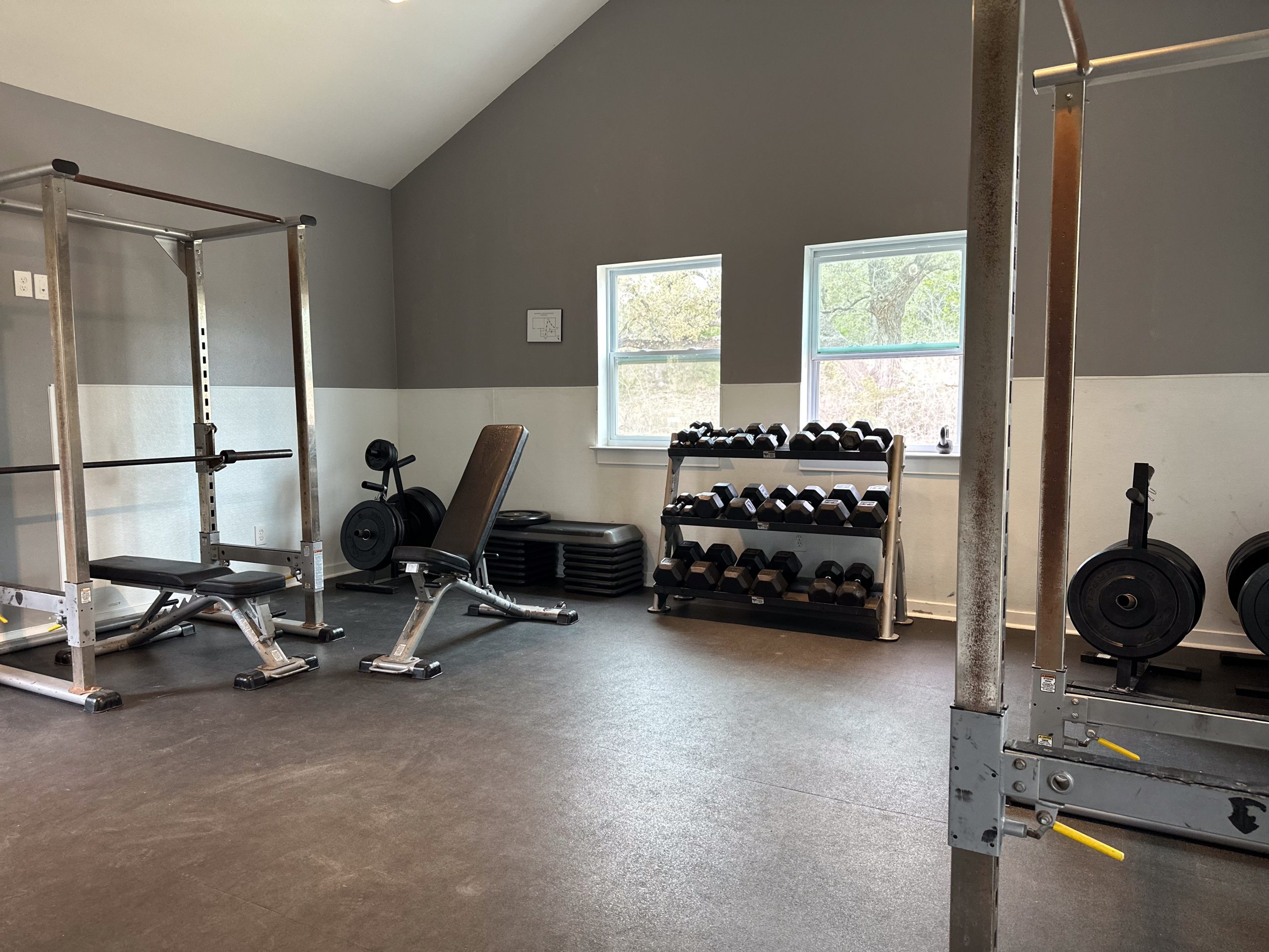

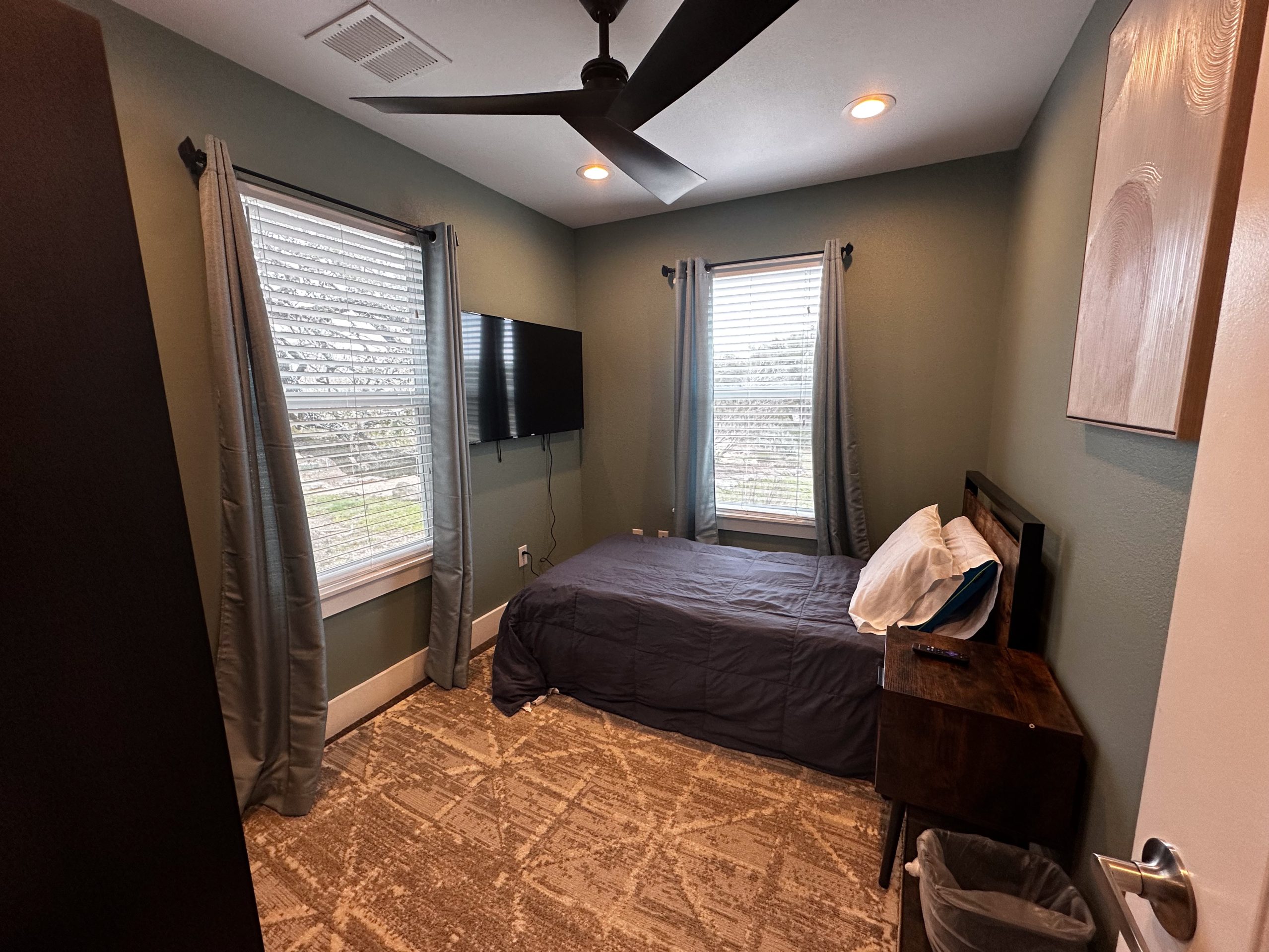

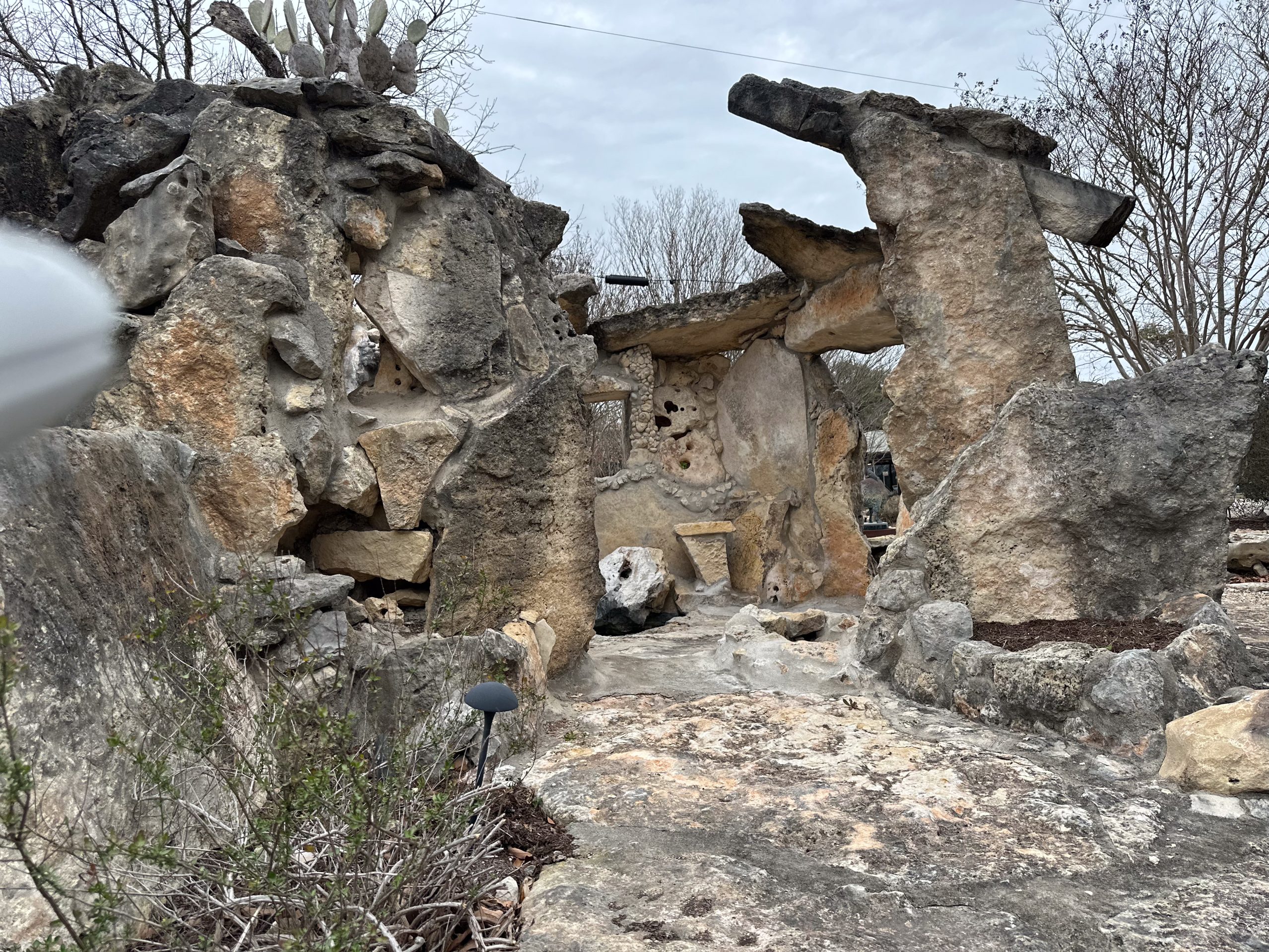
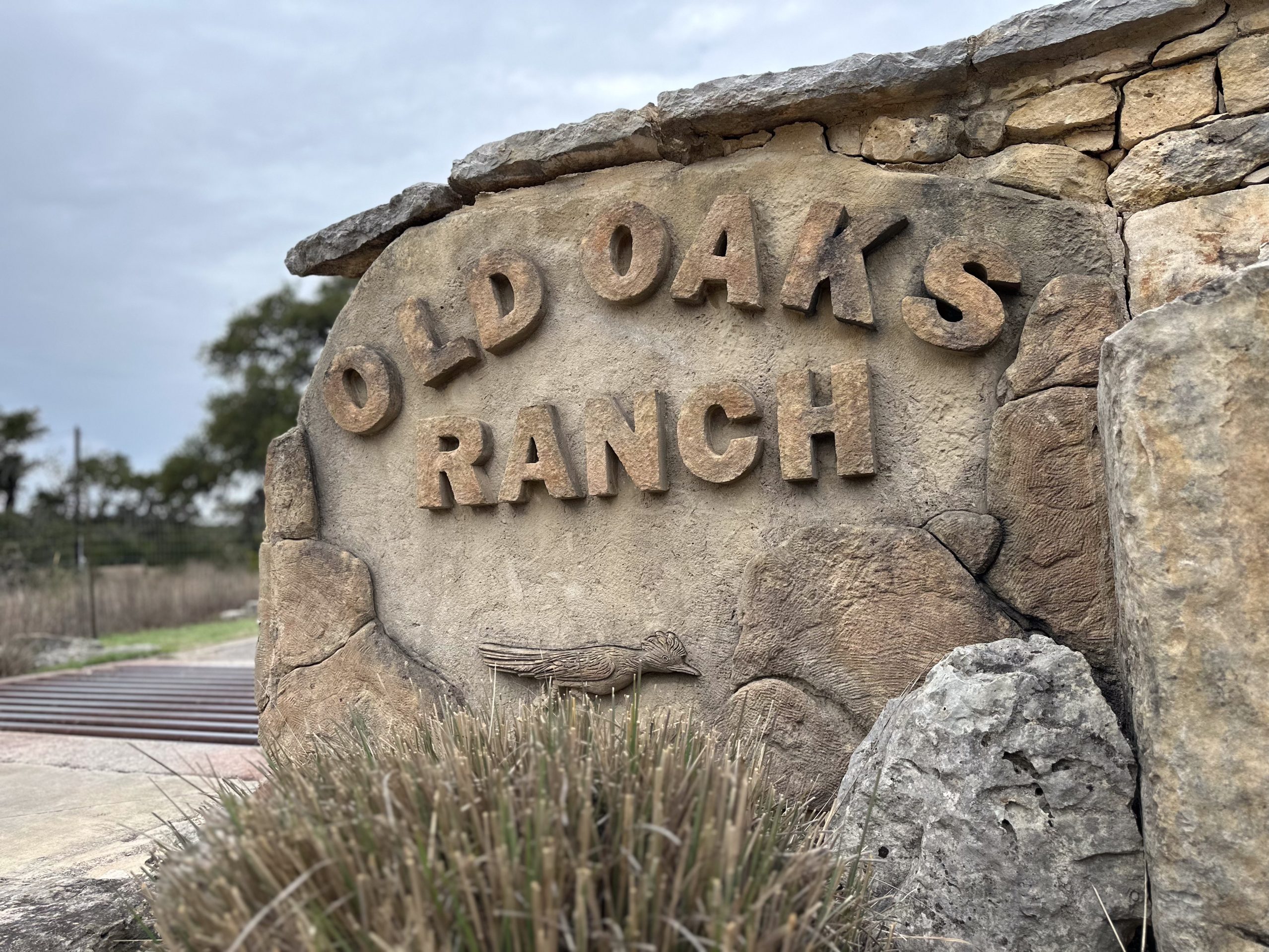


How Is Ketamine Abused?
Ketamine can be snorted, swallowed, or injected. It appears as a white powder, tablet, or liquid. Street names include Special K, Vitamin K, Jet K, and Kit Kat. Some people use ketamine to escape stress, mental health issues, or trauma.
Unfortunately, repeated use leads to tolerance and dependence. The drug’s short-lasting high pushes users to take higher doses. Over time, this increases the risk of mental and physical harm. Higher doses also increase the risk of overdose and make ketamine more addictive.
Side Effects of Ketamine Abuse
The side effects of ketamine vary depending on dosage and frequency. Common side effects include:
- Disorientation
- Hallucinations
- Fatigue
- Memory problems
- Bladder pain
- Abnormal heartbeat
- Red skin
- Trouble sleeping
- High blood pressure
- Difficulty speaking or walking
Chronic use may lead to long-term issues like brain damage, urinary problems, and vision or speech loss. Other risks include seizures and psychosis. Ketamine is also used as a date rape drug, increasing the risk of physical assault. The side effects of ketamine abuse affect both the body and mind and may worsen pre-existing medical conditions.
Is Ketamine Addictive?
Yes, ketamine is addictive. While not physically addictive in the same way as opioids, it causes strong psychological dependence. People crave its dissociative effects and become unable to function without it. According to the National Institute on Drug Abuse, drugs like ketamine are growing threats, especially among young adults. Ketamine addiction treatment is necessary for those who develop a substance use disorder.
Signs of Ketamine Addiction
Some warning signs include:
- Using ketamine regularly or obsessively
- Losing interest in hobbies or work
- Hiding drug use from family members
- Struggling with finances due to buying drugs
- Ignoring health or hygiene
- Continuing use despite harm
These are clear indicators of substance use disorders. Seeking professional help can make a significant difference.
Ketamine Withdrawal Symptoms
Ketamine withdrawal is mostly psychological but can be severe. Common symptoms include:
- Anxiety and depression
- Intense cravings
- Shakiness
- Rapid or irregular heartbeat
- Sweating
- Suicidal thoughts
- Hallucinations
These effects of ketamine withdrawal vary depending on use habits and mental health conditions. Though not always life threatening, they can still cause major distress. People may need medical care or behavioral health services to manage ketamine withdrawal symptoms.
Withdrawal Timeline
Ketamine usually exits the body within four days. Symptoms peak in the first 48 hours and fade after a few days. However, mental health issues like depression or anxiety may linger. Therapy and medication can help manage these symptoms. Detox timelines vary depending on the person, the amount of time they’ve used ketamine, and whether other drugs or alcohol were involved.
Medically Supervised Detox
Undergoing detox in a professional facility is often the safest option. Medical assistance is available 24/7 to treat serious symptoms. These programs also provide emotional support and early mental health care. Detox may also involve medications to control severe withdrawal and stabilize clients with a co-occurring mental health condition.
A medically supervised program may include:
- Monitoring vital signs
- Controlling high blood pressure
- Stabilizing mood with medication
- Personal counseling
Medical detox prepares individuals for the next stage of treatment for ketamine addiction.
More Time. More Joy. More You. Start Now.
WE ACCEPT MOST INSURANCES







Treatment for Ketamine Addiction
After detox, rehab for ketamine addiction helps address root causes. Programs may offer behavioral therapy, support groups, and long-term recovery strategies. Each person receives a customized treatment plan. Treatment for ketamine addiction may be inpatient or outpatient depending on the severity of the addiction and support available.
Core services in ketamine addiction treatment include:
- Cognitive behavioral therapy
- Group therapy
- One-on-one counseling
- Life skills training
- Education about drugs and alcohol
- Relapse prevention techniques
- Family therapy
- Support groups
Support groups like SMART Recovery and Celebrate Recovery offer additional motivation. These groups help individuals with a drug addicted past find encouragement and accountability.
Inpatient vs. Outpatient Drug Rehab
There are two main rehab settings: inpatient drug rehab and outpatient drug rehab.
Inpatient programs include:
- Living at the facility full-time
- Daily therapy sessions
- Constant access to healthcare professionals
- Structured schedules
Outpatient programs offer:
- Flexible schedules
- Living at home
- Attending therapy several times per week
- Balancing work and treatment
The level of care needed varies. Those with severe symptoms often need inpatient care. Others with stable home environments may succeed in outpatient settings. Rehab for ketamine addiction should match the client’s lifestyle and medical needs.
Choosing the Right Rehab Program
Choosing between inpatient and outpatient care depends on several factors, such as:
- Severity of addiction
- Work and family responsibilities
- Mental health issues
- Support systems
- Financial options
Many treatment facilities help clients navigate insurance. Most accept health insurance and offer flexible payment plans. Some treatment options are covered by Medicaid or private health insurance plans.
Freedom Starts Here. Take Back Your Life Today.
Same-Day Admissions in Austin Available.
Paying for Treatment
Treatment costs vary. However, several options exist:
- Health insurance
- Employee Assistance Programs
- Sliding-scale fees
- Loans or payment plans
- Crowdfunding or community support
Delaying treatment can increase the risk of higher doses, overdose, or long-term damage. People who seek treatment early often have better chances for long term recovery.
Continued Care After Rehab
Recovery doesn’t stop at rehab. Continued care is vital. Aftercare programs and sober living homes help prevent relapse and reinforce healthy habits.
Sober Living Homes
These homes provide a safe place to live with other people in recovery. Features include:
- Peer-led programming
- Job and education assistance
- Routine drug testing
- Mental health treatment support
- Recovery support services
Sober living bridges the gap between rehab and full independence. It also helps improve quality of life during early recovery. Sober living is especially useful for those transitioning out of inpatient programs and learning to live substance-free.
Aftercare Programs
Aftercare programs include regular meetings, therapy, and peer support. They allow people to share struggles, ask questions, and build strong networks.
Benefits of aftercare include:
- Accountability
- Community support
- Ongoing education
- Relapse prevention
These programs also help individuals manage stress, maintain mental health care, and adjust to daily life without drugs or alcohol. Services may vary depending on the program, but most offer flexible scheduling and group therapy options.
The Importance of Seeking Help
Addiction to ketamine can be isolating, overwhelming, and dangerous. But with proper treatment, long-term recovery is possible. Whether you’re seeking treatment for yourself or a loved one, don’t wait.
Support is available, and the first step is often the hardest. By working with licensed healthcare professionals and taking advantage of available treatment options, anyone can recover. Recovery improves health, emotional wellbeing, and relationships with family members.
If you are struggling, seek treatment today. Reach out to a trusted addiction treatment center that understands the challenges of ketamine abuse and offers personalized, medically supervised care. Your path to long term recovery starts now.
Understanding Dissociative Anesthetics: Effects, Examples, and Risks
What is a dissociative anesthetic?
A dissociative anesthetic is a type of drug that distorts perceptions of sight and sound while producing feelings of detachment from reality. These substances are often used in medical settings for pain management but are also misused recreationally for their hallucinogenic effects.
Which drug choice is a dissociative anesthetic?
Common dissociative anesthetics include ketamine, phencyclidine (PCP), and dextromethorphan (DXM). Among these, ketamine is the most widely recognized and is classified as a Schedule III controlled substance in the U.S.
What is an example of a dissociative drug?
Ketamine is a prime example of a dissociative drug. It is used in medicine as an anesthetic but is frequently abused recreationally, leading to psychological dependence, tolerance, and serious health risks.
What is dissociation sedation?
Dissociation sedation occurs when dissociative anesthetics disconnect a person’s awareness from their environment and body. This state can create a sense of detachment or out-of-body experience while still providing sedation and pain relief, which is why these drugs are used in certain medical procedures.

